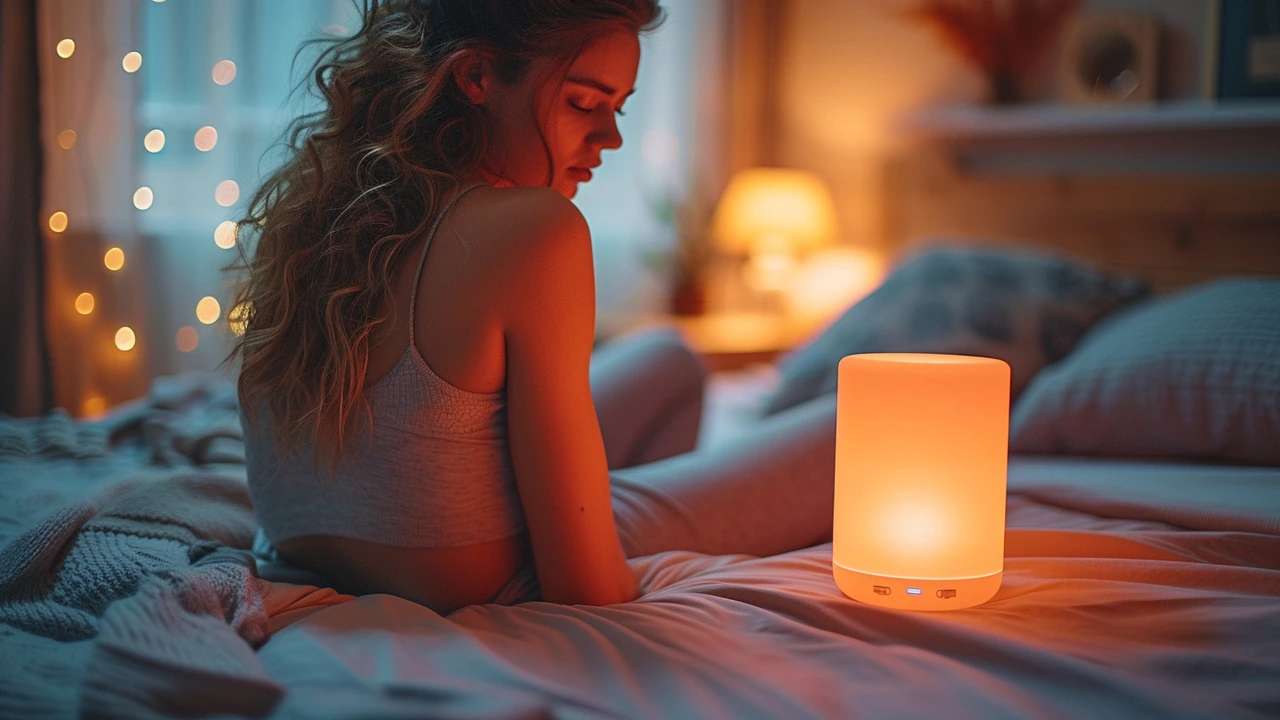Insomnia: Easy Ways to Beat Sleepless Nights
We all know how frustrating it is to lie awake, staring at the ceiling, wishing sleep would just come. Insomnia isn’t just being tired—it messes with your mood, focus, and even your health. But good news: there are simple things you can do tonight to help you finally get that rest you deserve.
First, think about your nightly routine. Going to bed at the same time every night tells your brain it’s time to shut down. Avoid screens at least an hour before bed—those bright lights trick your brain into thinking it’s still daytime. Instead, try reading a book or listening to calm music.
Relaxation Techniques That Actually Work
When your mind races while trying to sleep, your body stays alert. Relaxation techniques can slow things down. Deep breathing is easy and helps calm your nervous system. Try inhaling slowly for 4 seconds, holding your breath for 7, then breathing out for 8. Repeat this cycle a few times to ease tension.
Progressive muscle relaxation works too—tense a muscle group for a few seconds, then release. Start from your toes and work up to your head. It helps your body let go of built-up stress that keeps your mind wired.
Lifestyle Tweaks That Make a Big Difference
Watch what you eat and drink, especially in the evening. Caffeine late in the day can sneakily keep you awake. Even alcohol, though it might make you feel sleepy at first, can disrupt your sleep cycles and leave you tossing and turning.
Exercise is great, but not right before bed. Aim to finish workouts at least a few hours earlier. Getting natural sunlight during the day also helps regulate your internal clock, making falling asleep easier at night.
Sometimes, insomnia ties into anxiety or stress, so tackling those head-on can help. Mindfulness and meditation aren’t just buzzwords—they are proven tools to quiet your mind. Apps specializing in guided meditation or relaxing sounds can be real helpers.
If sleep problems persist for weeks, chatting with a healthcare provider might be necessary. There are therapies, like cognitive behavioral therapy for insomnia (CBT-I), that get great results without medication. Remember, you’re not alone, and better sleep is within reach.
Start with just one small change tonight—like dimming the lights or trying deep breathing. That simple step can be the first move towards nights full of real rest. Your mind and body will thank you.

